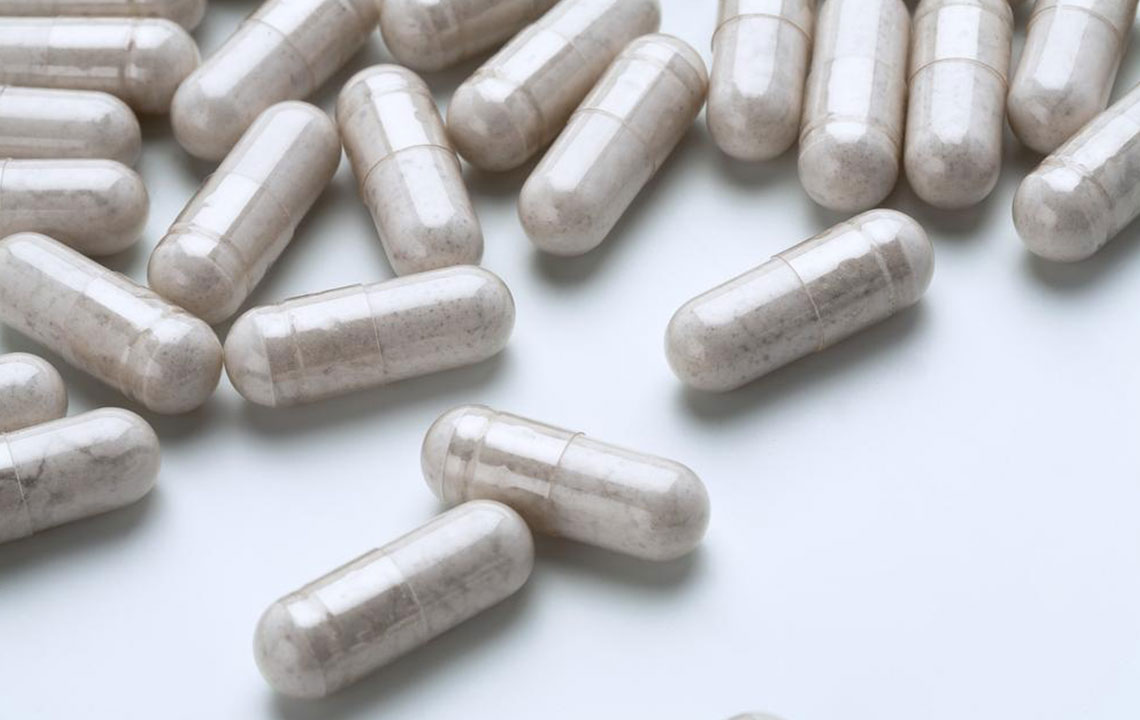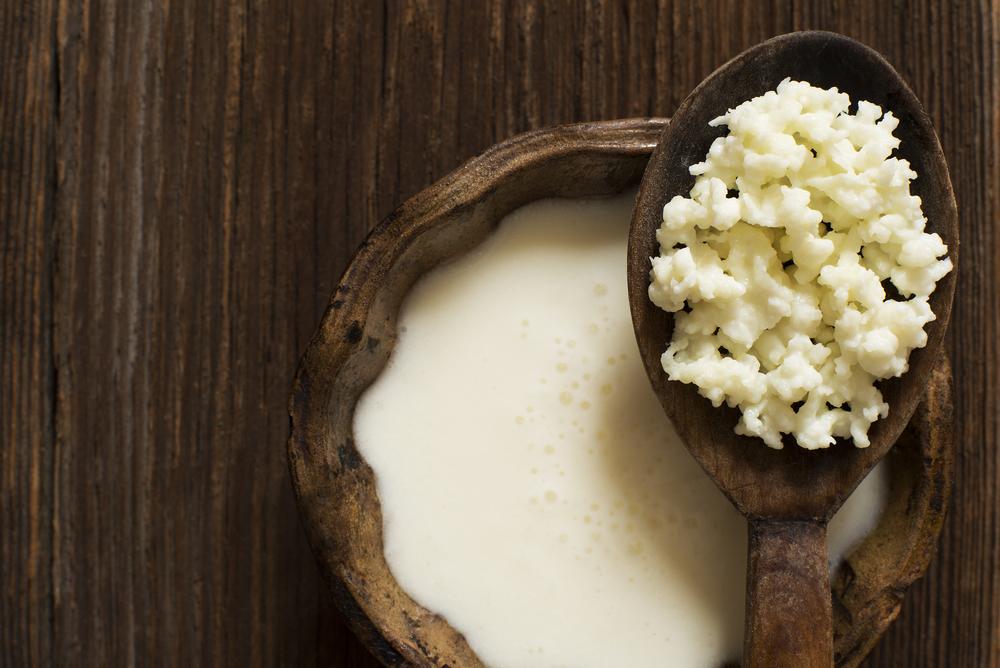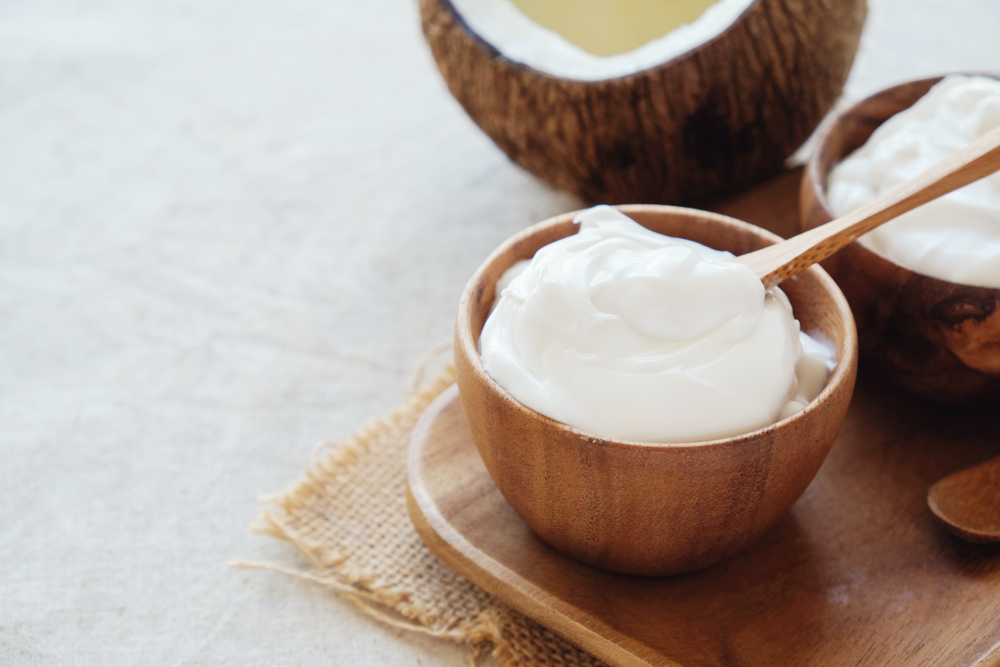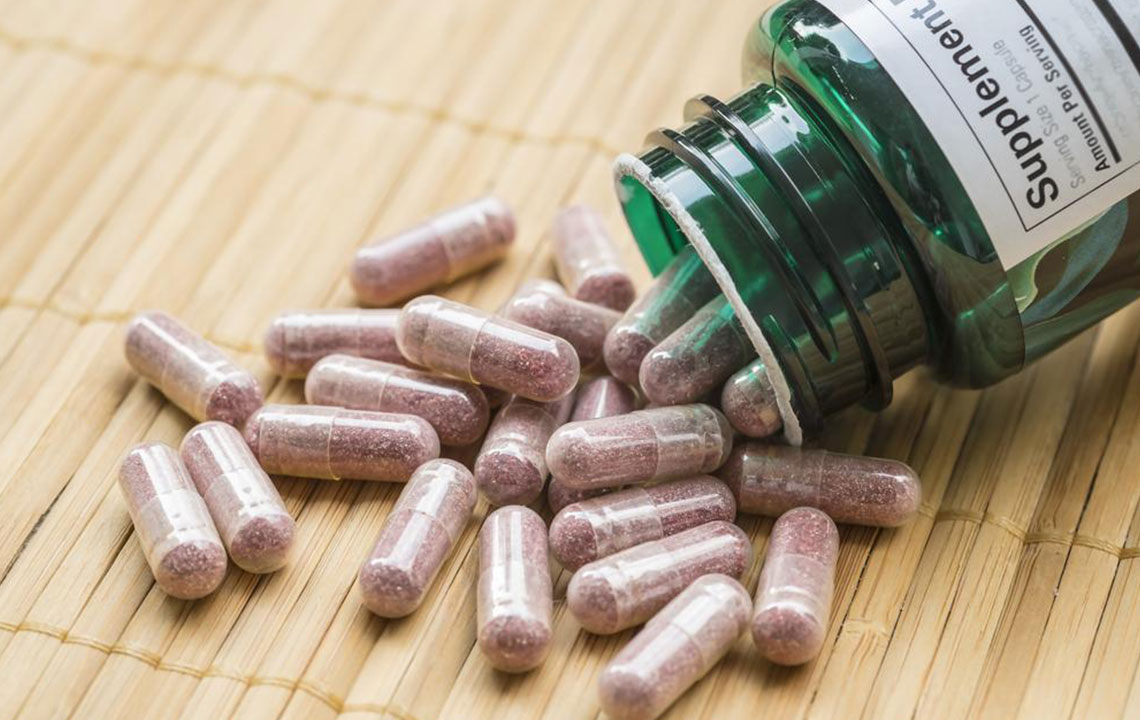Understanding Probiotics: Benefits and Essential Information
Discover the essentials of probiotics, including their types, health benefits, safe usage tips, and global trends. Learn how they support digestive health and how to choose quality supplements to enhance well-being effectively.

Probiotics represent a recent advancement in human health, often misunderstood by many. Simply put, they are beneficial live bacteria and yeasts that support the body's digestive functions. While bacteria are often linked to diseases, the human microbiome includes a vital balance of good and bad bacteria. These advantageous microbes, known as probiotics, are naturally present in the body and can also be acquired through certain foods and supplements.
Research on probiotics has grown significantly over the past two decades, revealing their importance in digestive health. When beneficial bacteria decline, probiotics help restore balance, promoting overall gut health.
Types of Probiotics
There are various probiotic strains, primarily categorized into two groups:
Lactobacillus: The most common probiotics, found in yogurt and fermented foods, aiding in diarrhea prevention and lactose digestion.
Bifidobacterium: Present in dairy products, these strains are linked to relief from irritable bowel symptoms and other digestive conditions.
Health Benefits
Probiotics are crucial for maintaining healthy digestion. They facilitate the movement of food through the gut and help combat issues such as irritable bowel syndrome, inflammatory bowel diseases, and various types of diarrhea. Additionally, probiotics may help with skin conditions like eczema, urinary health, allergies, colds, and oral health problems.
Safe Usage Guidelines
While probiotics are classified as food products rather than medications, their safety depends on individual health status. People with weakened immune systems should consult healthcare professionals before use. Mild side effects such as gas, diarrhea, or upset stomach may occur. Allergic reactions, though rare, are also possible.
Maximizing Benefits
Incorporating probiotic-rich foods like fermented vegetables, apple cider vinegar, goat milk, yogurt, and raw cheese can enhance gut health. A balanced diet with these items supports overall health by boosting beneficial bacteria in the digestive system.
Choosing Quality Probiotic Supplements
When selecting probiotic products, consider these factors:
Brand reputation: Opt for well-known, reputable brands, avoiding low-quality local products.
CFU count: Look for products with 15 to 100 billion colony-forming units (CFUs).
Strain diversity: Select supplements offering 10 to 30 different probiotic strains for broader benefits.
Survivability: Choose strains known for high survivability, such as Bacillus coagulans and Bacillus subtilis.
Global Trends
The popularity of probiotics has surged worldwide, with a 35% increase in sales from 2010 to 2014, rising from $23.1 billion to $31.3 billion. Regions like Eastern Europe, Asia Pacific, and Latin America have seen notable growth, reflecting increased awareness and incorporation of probiotics into health routines. Probiotics are transforming health practices globally, with more consumers recognizing their benefits.










